From Redfern Projects to Timeless Records, Marquee the One Proves that Music is Both a Calling and a Spiritual Journey
When you meet Marquee the One, you quickly realize she’s not just an artist—she’s a storyteller, a teacher, and a vessel for timeless music. With roots in choir singing, cheer battles in New York projects, and poetic beginnings, Marquee has evolved into a dynamic lyricist who has worked with some of the most iconic names in hip-hop. But beyond the accolades, she remains grounded in her spirituality, her purpose, and her love for mentoring the next generation. We caught up with Marquee the One during a travel day, and while she was on the go, her energy and authenticity lit up our conversation. In this Exclusive Interview with SHEEN Magazine this is what she had to say.
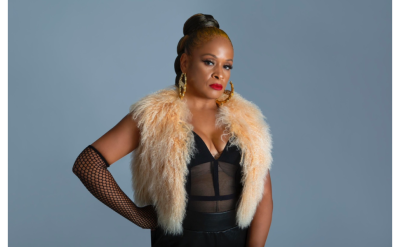
What was life like before you became the artist we know today?
I actually started out singing—I was a soprano in choir. After my parents divorced, I moved from Suffolk County to Redfern Projects. That’s where I really started writing—poetry first, then cheers. We used to battle the other buildings with cheers, full outfits and everything. One day, I spit a rhyme, people loved it, and I kept being asked to say it again. Honestly, I was more into writing behind the scenes, but the crowd pulled me to the front.
So when you stepped into the forefront, did you know instantly this was your lane?
Yeah, because I was already used to performing. In school, I was in every choir, spelling bee, storytelling contest—you name it. I remember being upset that I didn’t get the role of Maria in West Side Story, but I’ve always been passionate about the arts. I was that kid always singing, dancing, or creating something.
Now, how would you describe your style of music today?
I call it intelligent music. The kind where you don’t catch everything at first listen, but when you go back, you’re like, oh wow, I didn’t even hear that before. I’m a lyricist, so words and layers are important to me.
Who inspired that? Who are your musical influences?
I’ve worked with a lot of my influences. I was on Queen Latifah’s Queen of the Court album—we were similar in how we approached music. My early days were with DITC, mentored by Lord Finesse right alongside Big L. That foundation shaped me. And then, of course, Nas. He’s always been my measuring stick. I used to tell myself, “I gotta be better than Nas.”
That’s major. What about now—who would you want to collaborate with?
Honestly, most of the people I dreamed of working with, I already have. So now it’s more about the new voices that spark my interest.
Let’s talk about projects—what’s next for you?
My album Black Orphan is finally coming. Blood, sweat, and tears went into it. I lost some people close to me during the making of this record—my granddaddy, IU, who was in the studio with me every day, and Jimmy Varner, who played keys on the album. It’s being distributed by Red Room now, and after all the setbacks, I know this album is special because it refused to die.
That’s powerful. Where do you usually pull your inspiration from when you create?
Everything. Nature, museums—I love the Museum of Natural History. I don’t listen to other rap when I’m writing, especially female rap, so I don’t subconsciously take anything. I meditate, light white candles for my mother, ask God to give me the words, and then let the music tell me what to say.
That’s beautiful. So what do you hope people feel when they hear your music?
Connection. Even if it’s just one person, I want them to feel like my words reached them. Music has pulled me out of dark places, and I hope mine can do the same for someone else.
That’s the definition of timeless music. And I know faith is huge for you. How does it guide your career and life?
I wouldn’t be here without God. My first record deal was in the early 2000s, and through all the ups and downs of this industry, faith has carried me. I’ve been without my mom since I was 27, so I lean on God and my ancestors every day. I consider myself both spiritual and religious. This gift—it’s not something I can stop. Music is who I am.
Beyond music, you also pour into your community. Tell me about that.
I teach performing arts, mentor youth, and even substitute teach. I’ve gotten grants to support my projects and community pop-ups. I love working with young people because that’s how you keep the culture alive—by giving them opportunities and guidance. My purpose is bigger than just music.
Marquee the One isn’t just making music—she’s leaving a musical legacy. With Black Orphan on the horizon and a focus on delivering music with purpose, she continues to prove that true artistry is about connection, community, and faith.
Photo Credit: Courtesy of Marquee the One

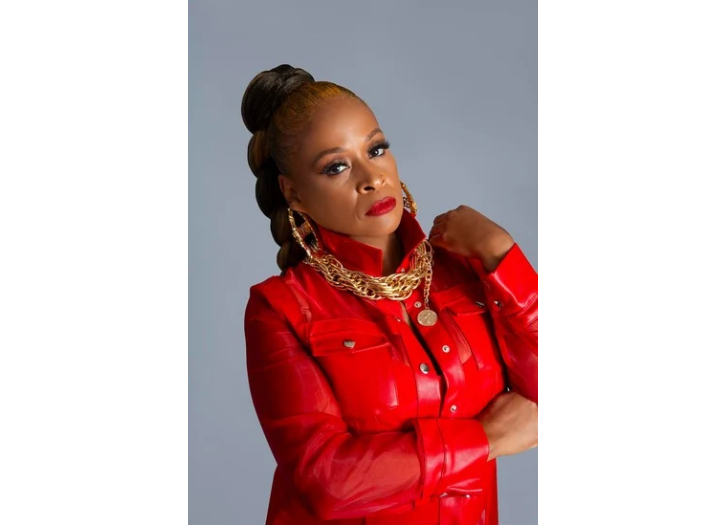
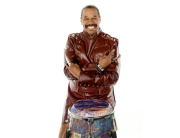
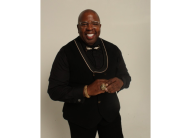
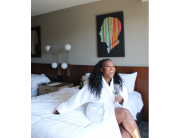

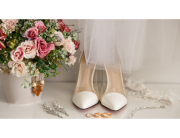
Add Comment
You must be logged in to post a comment.